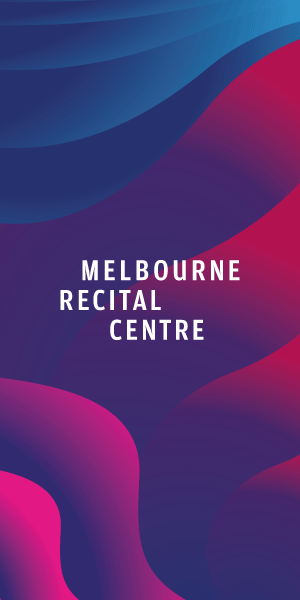Council backs “BINS4Blokes” men’s health campaign
An initiative to install incontinence product disposal bins in men’s public toilet facilities across the municipality will be piloted by the City of Melbourne – the first capital city council to adopt such a campaign.
The 12-month trial will form part of a “BINS4Blokes” men’s health campaign, an initiative led by the Continence Foundation of Australia.
Cr Jamal Hakim moved the motion at the council’s meeting on May 31, proposing to have the disposal bins placed in male and all gender toilets at six locations across the municipality including recreation centres/baths, community centres and libraries/hubs.
Supported by councillors unanimously at the meeting, the trial is aimed at building community awareness of the service.
Cr Hakim said creating safe spaces for everyone was a critical part of an “inclusive and buzzing city.”
“BINS4BLOKES is a no brainer. It's about putting sanitary bins in male and all gender toilets in public facilities so that all people can participate in our communities,” he told Southbank News.
“One in 3.4 million boys and men have incontinence issues. This is a simple and cost-effective change that makes a world of difference for them.”
“This motion, in addition to my previous motion on menstrual health means more people can participate in our city and in proof that the City of Melbourne is the first capital city to be delivering on this.”
Cr Hakim said it was important private organisations also considered the same in their facilities for their staff and encouraged “all organisations to do so”.
“I am committed to working so that the City of Melbourne is the most inclusive and accessible city in Australia and the world, and this is one part of that and falls within inclusive Melbourne strategy and initiatives,” he said.
In seconding the motion, Cr Dr Olivia Ball said she encouraged other councils to take note of the pilot program and thanked Cr Hakim for leading on this important policy matter. “It’s tremendous that you’ve [Cr Hakim] done this,” she said.
A report would come back to council on the outcomes of the trial program and provide options on the expansion of the program across City of Melbourne facilities and offices.

Residents win fight to save laneway from development in East Melbourne





 Download the Latest Edition
Download the Latest Edition